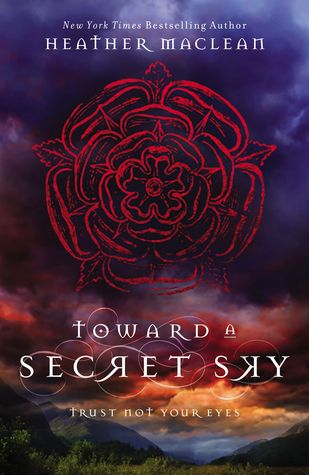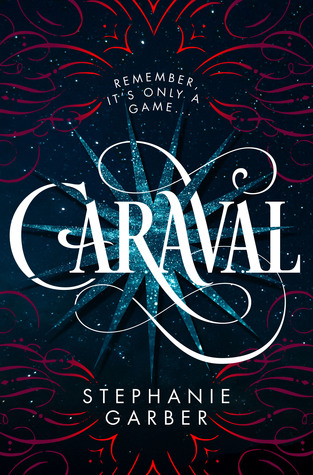
Meeting Date: May 3, 2017
Time and Where: 7:45 am in the Library!
Please answer the discussion questions when posted!
Published by: Elizabeth Barnes
From Goodreads:
"The Handmaid's Tale is a novel of such power that the reader will be unable to forget its images and its forecast.
Offred is a Handmaid in the Republic of Gilead. She may leave the home of the Commander and his wife once a day to walk to food markets whose signs are now pictures instead of words because women are no longer allowed to read. She must lie on her back once a month and pray that the Commander makes her pregnant, because in an age of declining births, Offred and the other Handmaids are valued only if their ovaries are viable. Offred can remember the years before, when she lived and made love with her husband, Luke; when she played with and protected her daughter; when she had a job, money of her own, and access to knowledge. But all of that is gone now..."
Link to watch the trailer: https://www.facebook.com/handmaidsonhulu/videos/408696042824333/
DISCUSSION QUESTIONS FROM READING GROUP GUIDES
Please answer each question individually in the comment section, numbering the questions.
Discussion Questions
The Handmaid's Tale
1. The novel begins with three epigraphs. What are their functions?
2. In Gilead, women are categorized as wives, handmaids, Marthas, or Aunts, but Moira refuses to fit into a niche. Offred says she was like an elevator with open sides who made them dizzy, she was their fantasy. Trace Moira's role throughout the tale to determine what she symbolizes.
3. Aunt Lydia, Janine, and Offred's mother also represent more than themselves. What do each of their characters connote? What do the style and color of their clothes symbolize?
4. At one level, The Handmaid's Tale is about the writing process. Atwood cleverly weaves this sub-plot into a major focus with remarks by Offred such as "Context is all," and "I've filled it out for her...," "I made that up," and "I wish this story were different." Does Offred's habit of talking about the process of storytelling make it easier or more difficult for you to suspend disbelief?
5. A palimpsest is a medieval parchment that scribes attempted to scrape clean and use again, though they were unable to obliterate all traces of the original. How does the new republic of Gilead's social order often resemble a palimpsest?.
6. The commander in the novel says you can't cheat nature. How do characters find ways to follow their natural instinct?
7. Why is the Bible under lock and key in Gilead?
8. Babies are referred to as "a keeper," "unbabies," "shredders." What other real or fictional worlds do these terms suggest?
9. Atwood's title brings to mind titles from Chaucer's The Canterbury Tales. Why might Atwood have wanted you to make that connection?
10. What do you feel the historical notes at the book's end add to the reading of this novel? What does the book's last line mean to you?



